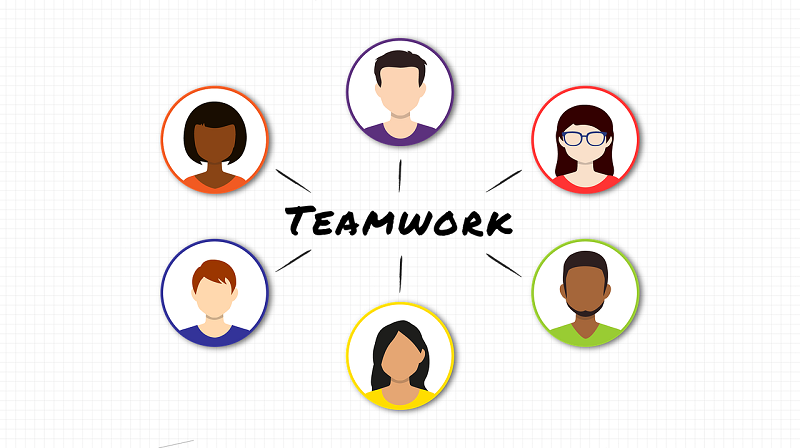by Anna Panunto
Oftentimes, people assume that inter-cultural, multicultural and cross-cultural all mean the same thing. This is the case when being an English teacher comes in handy – the prefixes in all the three words create a fundamental difference in meaning. The prefix “inter” means between and/or among while “multi” means many and finally “cross” means from one side to another.
 Source: Pixabay
Source: PixabayMulticultural relationships are small groups of people or communities that successfully co-exist – we see this mostly in neighborhoods and in various geographic regions. On the other hand, cross-cultural relationships aim to understand and of course acknowledge one another’s differences. In cross-cultural societies, one culture is usually the norm and all other cultures are compared and contrasted.
Successful intercultural relationships in a professional setting provide deep understanding of one another’s cultures without it altering their very own. So, there is a humane development that takes place; furthermore, a cultural expansion that is oftentimes multi-layered. The ideal goal is continual deep learning without the compromise of own’s own cultural identity.
Whenever we work with others – be it in person or virtually; we need to have tolerance for differences. More often than not, we as human beings, react when we don’t understand other people’s behaviours. It is in human nature to not like what we don’t understand. Then, we may possibly prejudge that behaviour and more often than not, that prejudgement may be misperceived. This is when miscommunication usually takes place which inevitably results in conflict.
Hence, what is the coping strategy to maintaining a healthy intercultural relationship at work? It is simple – listen, listen, listen with your eyes and ears! What you see may not always be what you hear and vice versa. Pay attention to others with an open mind. Indeed, verbal and non verbal cues play an integral role. What we need to bear in mind though, is that verbal and non verbal communication differs from culture to culture. There are thousands of books out there on intercultural communication, but unfortunately, we cannot read all of them. Even if we do, will we understand all what we read without living the actual experiences?
So, what do we do when we are directly involved in an intercultural conflict? Because conflict is inevitable in any kind of interpersonal relationship, we must first need to accept it. Do not cast blame on others or even yourselves. This is an opportunity for deep learning – so, alter your perception of conflict. Accept that it is inevitable and that none of us walk around with a learner’s manual in our hands. Sooner or later, we will misinterpret a gesture or two, an email, misunderstand a colleague’s intentions , or even just not like someone.
So, how do I deal with conflict?
Two major points to consider…
- Whenever you don’t understand or feel perplexed by someone’s “unexplainable” behaviour – ask them questions before prejudging. It is safer to ask them what they mean by this or that in order to get some kind of clarification. Never assume what you don’t understand.
- When someone does something /says something that is clearly inappropriate and/or rude to you or your work group – avoid over-reacting on the spot. Being reactive can lead to immediate conflict. Sit them down, perhaps not immediately, but when you feel ready. Have a chat with them and not a confrontation. Do not be accusatory as more often than not, their intention was not to be inappropriate and/or rude. At times, it is just a matter of different ways of doing and seeing things . Explain what is appropriate and polite in your respective environment and space. Then, kindly reach some kind of compromise and/or mutual understanding.
We are busy at our work and don’t have the time to understand one another. What do we do?
Here are a few viable suggestions:
- Have a monthly online newsletter and/or video channel– employees can participate in various ways at their own time . Topics covered do not necessarily have to be work-related. The newsletter can have opinion/travel/sports pieces, from their native country or locally. This will give employees an outlet to express themselves be it in the written or in the visual form. With the video channel, employees can even possibly interview local communities.
- Have periodic social groups – online or in person. This can be wine tasting, dining, playing sports, attending shows, celebrating employees’ birthdays and/or work anniversaries, etc..
- Have internal workshops and/seminars organized by employees themselves – this can create deeper appreciation for others. Having peers teach/mentor one another can truly build a stronger team environment while at the same time, build a strong intercultural bond.
I will end with a quote that my biggest mentor always reiterated to me whenever I was in conflict with someone , “ We are here to live together. The way you see things may not be the way they see things. So, accept people for who they are and not what you want them to be”. This mentor, was my father.
